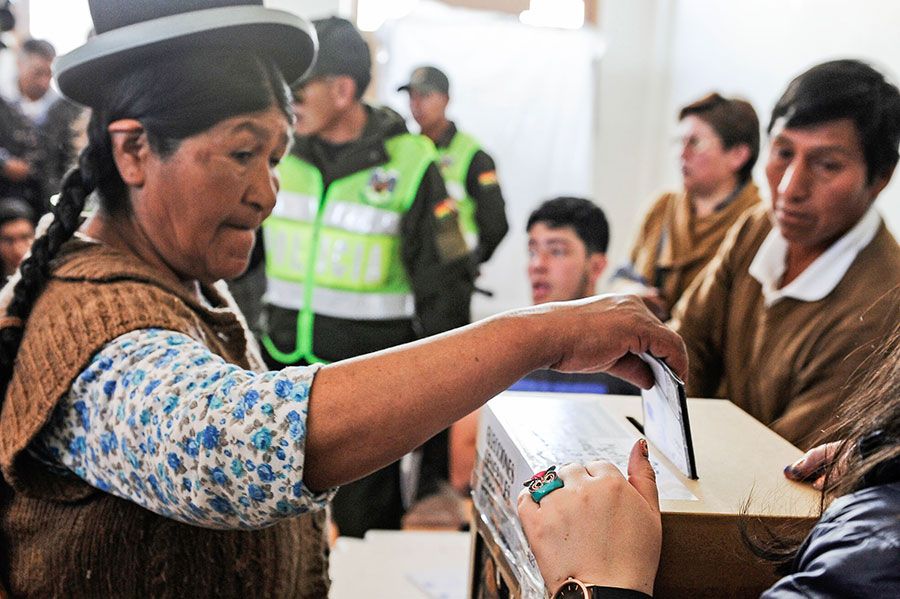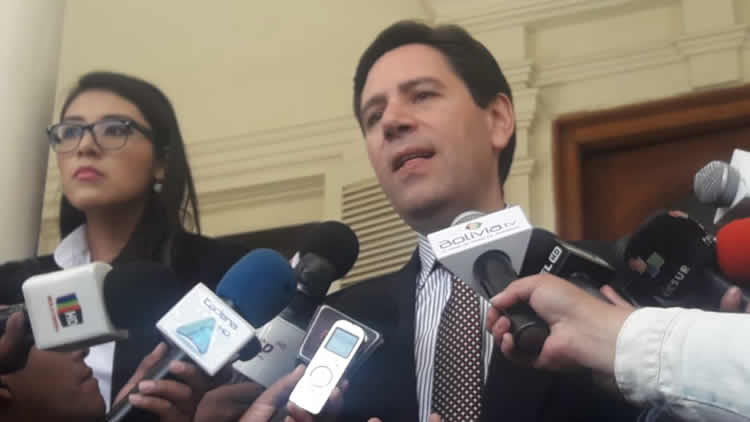

Many members of these bodies have been appointed through processes that were not fair, transparent, or independent, and have shown open disregard for the rule of law. Key institutions such as the Supreme Electoral Tribunal, the Supreme Court, the Constitutional Court, the Comptroller General, and the Attorney General’s Office should guarantee Guatemalan citizens their political rights and protect the electoral process’ legitimacy, Human Rights Watch and WOLA said. This includes, among others, by impeding arbitrary disqualifications or prosecutions of political opponents, preventing the partisan use of state resources in campaigns, investigating unlawful campaign financing, and guaranteeing the respect for the rule of law. They should act as a check on attempts to make the playing field uneven.
#TRIBUNAL SUPREMO ELECTORAL EL SALVADOR FREE#
Independent institutions play a key role in ensuring free and fair elections, the groups said. “They will take place in a context of deterioration of the rule of law, where the institutions charged with overseeing the elections have little independence or credibility.” “This year’s elections are a critical test for Guatemala’s fragile democracy,” said Juan Pappier, Americas acting deputy director at Human Rights Watch. If no presidential candidate obtains more than 50 percent of the votes, a runoff election will take place in late August. Guatemalans will go to polls on June 25 to elect a new president, 160 lawmakers, and over 300 mayors. On January 20, 2023, the Supreme Electoral Tribunal (Tribunal Supremo Electoral, TSE), the highest authority in electoral matters in Guatemala, called for candidate nominations, officially beginning the electoral period. Internet sites, including: BBC, Diario CoLatino, EFENews, La Prensa Gráfica, Organization of American States.(Washington, DC, January 24, 2023) – International scrutiny is essential to ensure Guatemalans’ rights to free and fair elections, Human Rights Watch and the Washington Office on Latin America (WOLA), said today in releasing a joint question and answer document exploring the main challenges to human rights to the country’s electoral process. "Menjívar es la primera alcaldesa en la historia de San Salvador." Additional Sources Consulted

"Presidente Saca felicita a próxima alcaldesa de San Salvador." "Violeta Menjívar alcaldesa de San Salvador." Įl Diario de Hoy. "Tribunal electoral confirma resultados de comicios en El Salvador." ĭía a día. Please find below the list of additional sources consulted in researching this Information Request.

This Response is not, and does not purport to be, conclusive as to the merit of any particular claim for refugee protection. This Response was prepared after researching publicly accessible information currently available to the Research Directorate within time constraints. The elected members of parliament, mayors and municipal councillors will begin their three-year terms on ( AFP 18 Mar. This is the first time a woman has won that position (ibid.). The mayoralty of San Salvador, the most important in the country, was won by FMLN candidate Violeta Menjívar ( Día a día 16 Mar. The last 10 mayoralties were won by various coalitions (ibid.). The results of the municipal elections, also held on 12 March 2006, are as follows: ARENA, 147 mayoralties FMLN, 52 mayoralties PCN, 3 mayoralties and PDC, 14 mayoralties ( AFP 18 Mar. The results of the elections marked an improvement for the ARENA, which had won 27 seats in 2003 the FMLN won one more seat than it did in 2003 ( El Diario de Hoy n.d.). On Saturday, 18 March 2006, the TSE confirmed that, during the legislative elections, the reigning Nationalist Republican Alliance (Alianza Republicana Nacionalista, ARENA) had won 34 seats the leftist party, the Farabundo Martí National Liberation Front (Frente Farabundo Martí para la liberación nacional, FMLN), 32 seats the National Conciliation Party (Partido de Conciliación national, PCN), 10 seats the Christian Democratic Party (Partido demócrata cristiano, PDC) 6 seats and the Democratic Change (Cambio Democrático, CD), 2 seats ( AFP 18 Mar. This percentage corresponds to a total of 1,997,814 voters (ibid. According to data published by the Supreme Electoral Tribunal (Tribunal Supremo Electoral, TSE), only 52.56 per cent of the 3,801,040 Salvadorans who were eligible to vote cast ballots on Sunday, 12 March 2006 ( El Diario de Hoy n.d.). On 12 March 2006, Salvadorans went to the polls to elect 84 members to the Legislative Assembly, as well as 262 municipal councillors ( La Voz 16 Mar.


 0 kommentar(er)
0 kommentar(er)
